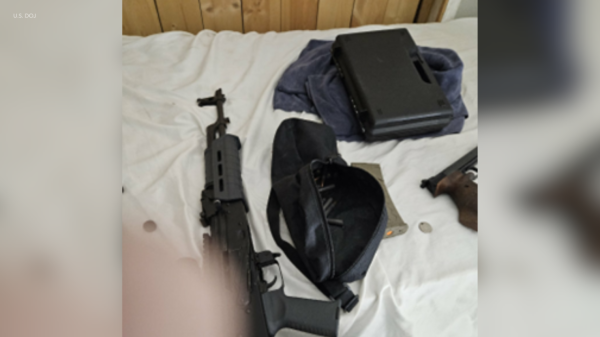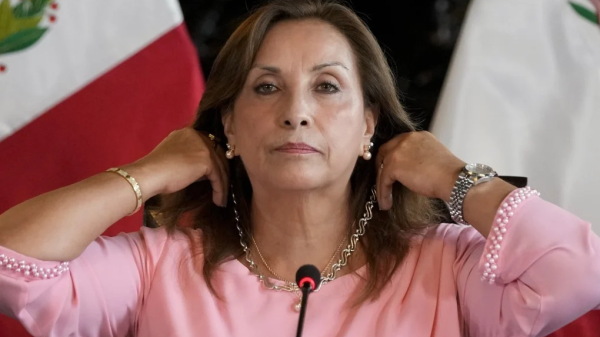
Yoon Suk Yeol takes dramatic step amid parliamentary conflict
In an unprecedented move that has sent shockwaves through South Korean politics, President Yoon Suk Yeol declared emergency martial law on Tuesday, dramatically escalating tensions between the government and the opposition party.
A nation “on the verge of collapse”
Speaking in a live televised address, Yoon painted a dire picture of the current political landscape. “To safeguard a liberal South Korea from the threats posed by North Korea’s communist forces and to eliminate anti-state elements plundering people’s freedom and happiness, I hereby declare emergency martial law,” he proclaimed.
The extraordinary action comes amid a bitter dispute over the national budget. The opposition Democratic Party has significantly reduced Yoon’s proposed 677 trillion won budget, cutting approximately 4.1 trillion won and slashing funds for key government departments.
Accusations of legislative obstruction
Yoon accused the opposition of turning the National Assembly into “a haven for criminals” and “a den of legislative dictatorship.” He claimed the budget cuts would compromise national security and public safety.
Immediate political consequences
In a swift response to the martial law declaration:
- The National Assembly entrance has been sealed
- MPs have been barred from entering the building
- Military units have been ordered to heighten emergency readiness
The dramatic move occurs against the backdrop of Yoon’s extremely low approval rating, which recently dropped to just 19 percent in a Gallup poll. Critics have expressed dissatisfaction with his economic management and controversies surrounding his wife.
International implications
Yoon emphasized that the martial law would not impact South Korea’s foreign policy, but the declaration raises significant questions about the country’s democratic processes.
“I will restore the country to normalcy by getting rid of anti-state forces as soon as possible,” Yoon stated, without providing further details about the extent of the martial law.
Ongoing tensions
With South Korea technically still at war with nuclear-armed North Korea, the declaration adds another layer of complexity to the peninsula’s already volatile political landscape.
The situation remains fluid, and the international community is closely monitoring these unprecedented developments in one of Asia’s most stable democracies.

















































